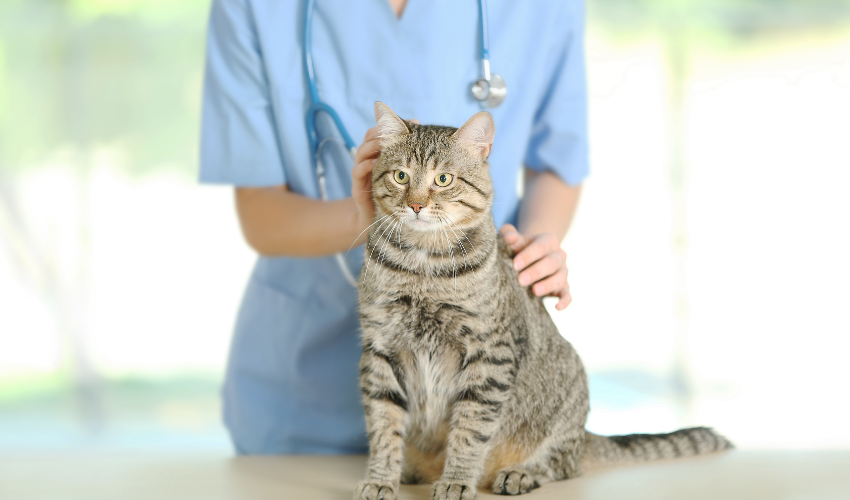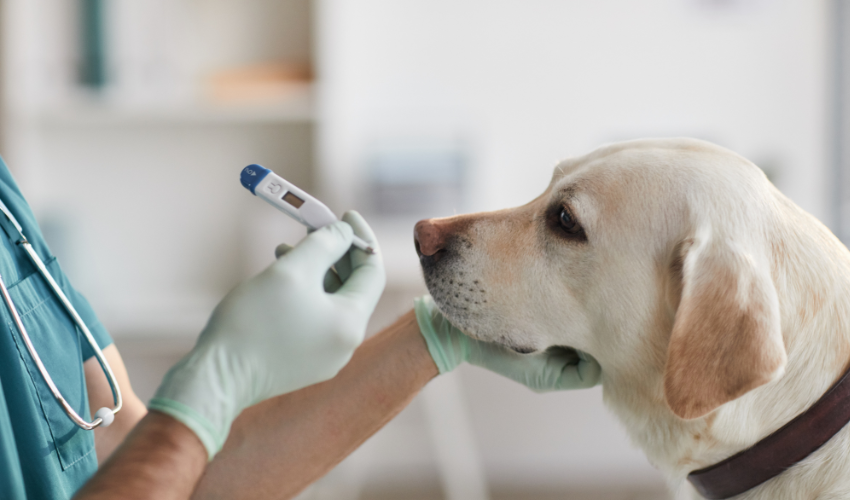As a pet owner, you want to do everything you can to keep your furry friend healthy and happy. One of the best ways to do this is by scheduling regular check-ups with your vet. These visits can help detect health problems early, prevent future issues, and ensure that your pet is receiving the proper care they need.
In this article, we will discuss the importance of regular check-ups with your vet and what to expect during these appointments.

Why are Regular Check-Ups with Your Vet Important?
-
Early Detection of Health Issues:
Regular check-ups with your vet can help detect health problems early on before they become more serious. During these visits, your vet will perform a physical exam, check for any abnormalities, and run diagnostic tests if necessary. This can help catch health issues such as infections, tumors, or organ dysfunction before they become more severe and harder to treat.
-
Preventative Care:
In addition to detecting health problems early, regular check-ups with your vet can also help prevent future issues. Your vet may recommend preventative measures such as vaccinations, parasite prevention, dental cleanings, and nutrition counseling. These measures can help keep your pet healthy and reduce the risk of future health problems.
-
Monitoring Chronic Conditions:
If your pet has a chronic condition such as diabetes or arthritis, regular check-ups with your vet are crucial. Your vet can monitor your pet’s condition and adjust treatment as needed to ensure that your pet is receiving the best possible care.

What to Expect During a Check-Up with Your Vet?
-
Physical Exam:
During a check-up with your vet, they will perform a physical exam on your pet. This may include checking your pet’s eyes, ears, mouth, skin, and coat for any abnormalities. They will also listen to your pet’s heart and lungs and palpate their abdomen to check for any abnormalities.
-
Diagnostic Tests:
Your vet may recommend diagnostic tests such as blood work, urinalysis, or imaging to check for any underlying health issues. These tests can help detect health problems early on and guide treatment.
-
Preventative Measures:
Depending on your pet’s age, health status, and lifestyle, your vet may recommend preventative measures such as vaccinations, parasite prevention, and dental cleanings. They may also offer nutrition counseling to ensure that your pet is receiving the proper diet for their needs.
FAQs:
Q: How often should I bring my pet to the vet for a check-up?
A: It is recommended that you bring your pet to the vet for a check-up at least once a year. However, if your pet has a chronic condition or is elderly, more frequent check-ups may be necessary.
Q: Do I need to bring my pet to the vet if they seem healthy?
A: Yes, regular check-ups with your vet are important even if your pet seems healthy. These visits can help detect health problems early and prevent future issues.
Q: What can I do to prepare my pet for a check-up?
A: To prepare your pet for a check-up, make sure they are up to date on their vaccinations and bring any medical records or information about their health history. You may also want to bring a list of any questions or concerns you have about your pet’s health.
Q: How long does a check-up with a vet usually take?
A: A check-up with a vet usually takes about 30 minutes to an hour, depending on the complexity of the exam and any diagnostic tests that need to be performed.
Q: What should I do if my pet is nervous?
A: If your pet is nervous, there are several things you can do to help them feel more comfortable. First, try to make the experience as positive as possible by offering treats and praise. You can also bring your pet’s favorite toy or blanket to help them feel more at ease. If your pet is particularly anxious, your vet may recommend anti-anxiety medication or suggest other ways to help your pet feel more comfortable during the visit.
Conclusion:
Regular check-ups with your vet are essential for maintaining your pet’s health and well-being. By detecting health problems early, preventing future issues, and monitoring chronic conditions, your vet can ensure that your pet is receiving the best possible care. So, make sure to schedule regular check-ups with your vet and take an active role in your pet’s health. By working together with your vet, you can help your pet live a happy and healthy life.






















